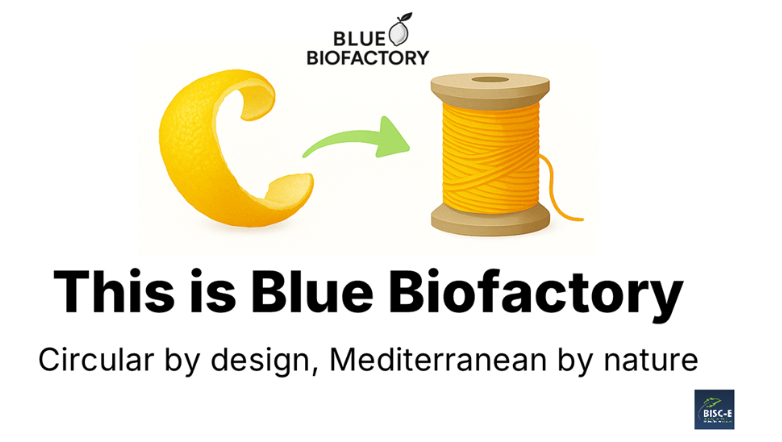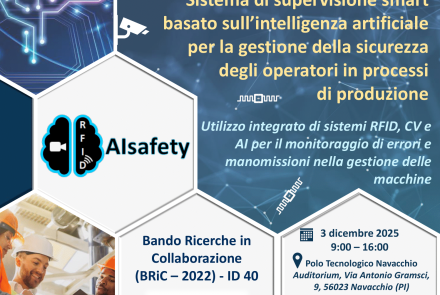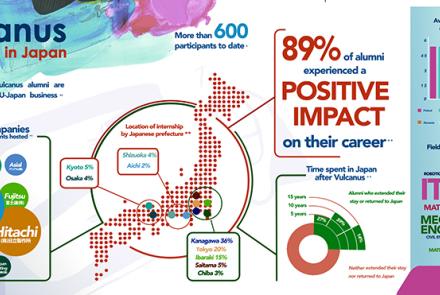Il giorno 19 settembre 2025 si è tenuta la fase semi-finale della Challenge europea per studenti BISC-E su
progetti di bioeconomia, organizzata dal consorzio europeo BIC delle aziende europee del settore della
bioeconomia. Le squadre partecipanti erano 13 ed ognuna rappresentava un diverso paese europeo. La
squadra italiana Bluebiofactory, dell’Università di Napoli Federico II, prima classificata nella fase nazionale
dell’evento organizzata dall’Università di Pisa - con il supporto del consorzio INSTM- lo scorso Maggio, ha
quindi potuto presentare il suo progetto intitolato “Lemon threads” nel quale si utilizzano le bucce dei
limoni, scartate dall’industria agro-food, per ottenere materiale cellulosico per prodotti tessili biocircolari.
Nella semifinale la squadra ha illustrato molto bene il proprio progetto ed ha convinto la giuria di esperti
del settore. E’ riuscita quindi a passare alla fase finale della challenge insieme alle squadre di Grecia,
Olanda, Austria e Belgio.
Riteniamo che sia un grande successo dei nostri studenti, che sanno distinguersi per la loro passione ed
impegno su tematiche vicine alla sostenibilità ambientale ed al benessere umano nel contesto più vasto dei
paesi europei. Adesso si passa alla finale: dai 5 progetti vincenti si trarranno 5 video che saranno disponibili
sul sito di BIC e saranno votati dalle aziende europee del consorzio. Tali video rimarranno sul sito e quindi
rappresenteranno davvero un buon “biglietto da visita” da un punto di vista professionale per i giovani
membri delle squadre vincenti. La squadra che vincerà la fase finale sarà poi presente a Bruxelles il 13
ottobre alla riunione delle aziende facenti parte del consorzio. Oltre a vincere un premio di 5000 euro, la
squadra potrà partecipare alle attività del consorzio per un anno.
Tutte le fasi della challenge si tengono ovviamente in lingua inglese, la lingua ufficiale di scambio adottata
nel contesto europeo (ed oltre). Questo importante esercizio, che passa attraverso challenge come questa,
permette ai nostri studenti di acquisire professionalità mirate e molto richieste in un contesto
internazionale ed avvicinano le aziende ed i giovani dell’Unione Europea, facilitando la cooperazione ed il
reciproco sviluppo di iniziative comuni che si spera possano portare ad una rinnovata prosperità, sempre
più responsabile e salutare per tutti.
E’ giusto tifare per la squadra Bluebiofactory e convincere le aziende italiane ed europee di bioeconomia
che conosciamo a partecipare alla votazione entro il 10 ottobre in modo che la nostra squadra italiana
abbia più possibilità di vincere. Questo farà sì che anche i progetti delle altre squadre siano conosciuti ed
apprezzati e stimolerà il nostro sistema produttivo a puntare sempre di più sulla sostenibilità. Quindi
questo articolo è anche un appello di partecipazione e condivisione delle informazioni per tutti coloro che a
qualsiasi titolo siano interessati ad una maggiore diffusione della bioeconomia.
On September 19, 2025, the semi-final round of the European BISC-E Student Challenge took place,
focusing on innovative bioeconomy projects. The event is organized by the Bio-based Industries Consortium
(BIC), which brings together leading European companies in the bioeconomy sector. Around 20 student
teams from across Europe participated, each representing a different country.
Italy was represented by the BlueBiofactory team from the University of Naples Federico II, which had
previously won the national phase of the competition held in May and organized by the University of Pisa
with support from the INSTM consortium. In the semi-final, the team presented their project titled “Lemon
Threads”, which proposes the use of lemon peels—an agro-food industry byproduct—as a source of
cellulose for sustainable textile production. Their clear and compelling presentation impressed the expert
jury, earning them a spot in the final round alongside teams from Greece, the Netherlands, Austria, and
Belgium.
This achievement highlights the dedication and passion of Italian students working on sustainability and
human well-being within a broader European context. The final phase of the challenge will involve the
creation of five videos—one for each finalist team—which will be published on the BIC website and voted
on by member companies. These videos will remain online, serving as a valuable professional showcase for
the young innovators.
The winning team will be invited to Brussels on October 13 to attend the BIC consortium meeting. In
addition to receiving a €5,000 prize, they will have the opportunity to participate in consortium activities
for one year.
All phases of the challenge are conducted in English, the official language of communication in the
European context. Initiatives like BISC-E provide students with highly sought-after professional skills and
foster collaboration between young people and companies across the EU. This contributes to the
development of shared projects aimed at responsible and sustainable prosperity.
We encourage everyone to support the BlueBiofactory team and to spread the word among Italian and
European companies to participate in the voting process. Supporting our team not only increases their
chances of winning but also helps raise awareness of all finalist projects and promotes a shift toward
sustainability in our production systems.
This article is also a call to action—for anyone interested in advancing the bioeconomy to share and engage
with this initiative.







